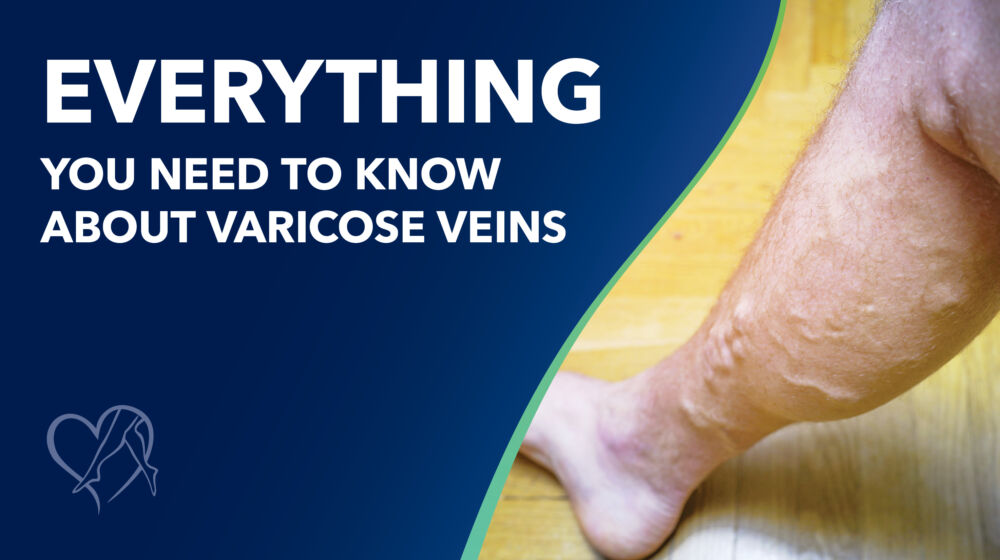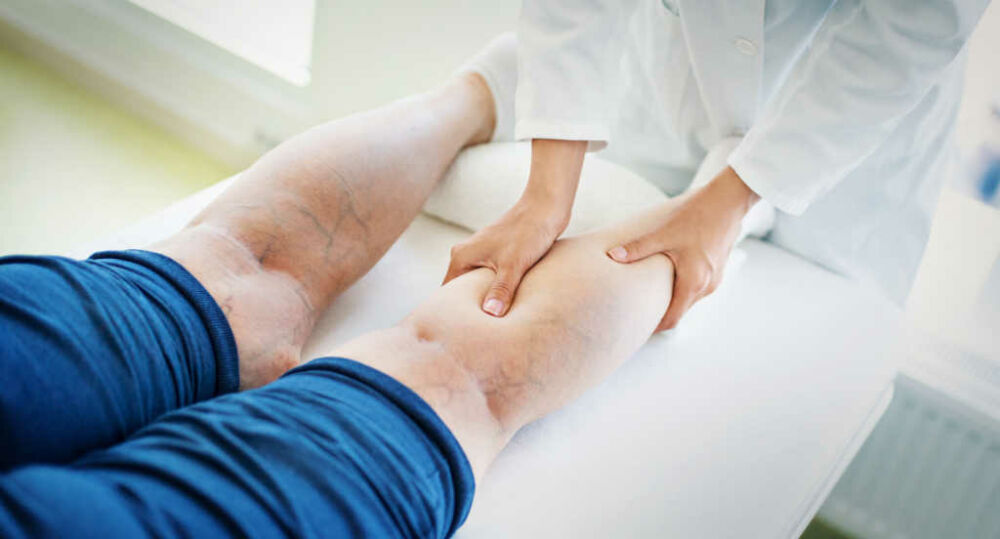Varicose veins and poor circulation cause several uncomfortable symptoms, including a feeling of heaviness in the legs.
Varicose veins don’t just cause visibly swollen veins on the legs and feet. This vein condition can also cause pain, itching, cramping, nighttime uncontrolled leg movements, and a feeling of heaviness in the legs.
Patients who suffer from varicose veins have described this sensation as carrying a heavy weight around the legs, especially after sitting for long periods. Below, we dive into why this heaviness occurs and how you can manage it.
Why do your legs feel heavy?
Simply put, your legs feel heavy because of poor circulation, a common root cause of vein disease. Varicose veins develop when incompetent vein valves stop circulating blood, trapping blood in the vein and causing the vein to swell and twist above the skin. The force of gravity causes blood to pool, leading to a feeling of heaviness in the legs.
Feelings of heaviness can also be attributed to other underlying causes. Peripheral artery disease (PAD) refers to a buildup of fatty deposits in the arteries in the legs. The narrowed arteries slow circulation, leading to aches, cramps, and a heavy feeling in the legs. A spinal column narrowing, known as spinal stenosis, can also cause a sensation of heavy legs.
It’s crucial to have a doctor diagnose what’s causing your “heavy” legs. Fortunately, if the reason is varicose vein disease, you’ll have several at-home remedies and surgical options to relieve the discomfort permanently.
Take the weight off your ‘heavy’ legs
You can manage and eliminate heavy legs altogether by improving your circulation. Something as simple as elevating your legs for as little as 15 minutes a day can help blood flow in the right direction back up to the heart. As the blood drains from the veins, your symptoms should subside.
Doctors also commonly recommend wearing compression stockings. These highly elastic stockings squeeze the veins to prevent blood from pooling. You can increase the effect of compression stockings by pairing them with light aerobic workouts such as walking and biking. These exercises engage the calf muscles in supporting blood flow through the veins. Working out has additional benefits in that it can also help you shed some pounds. The less weight you carry, the less pressure sits on your veins.
While those methods may reduce symptoms and temporarily make the legs feel lighter, none can eliminate symptoms of varicose veins and the associated feeling of heaviness. Fortunately, today’s varicose vein treatments are minimally invasive and can be performed during a brief outpatient visit. Standard methods that destroy the diseased vein, allowing blood to divert to healthy veins, include the following:
Sclerotherapy. A saline-based solution injected into the vein scars the vein walls, forcing the vein to shrink and collapse. Sclerotherapy is recommended for smaller varicose veins and spider veins.
Thermal ablation. Your doctor will move a catheter through the vein and pulse heat from a laser or radiofrequency waves to destroy the diseased vein.
Ambulatory phlebectomy. Ambulatory phlebectomy is ideal for veins close to the surface of the skin. The doctor will remove the bulging varicose vein via two tiny incisions.
VenaSeal. A newer innovation in vein care, VenaSeal involves using a proprietary medical adhesive to seal the affected vein shut.
A sensation of heaviness in the legs is one of many symptoms caused by varicose veins and poor circulation. But it’s not one you have to live with forever! Treatment is easily accessible to improve blood circulation and lighten your legs from that heavy feeling.
Center for Vein Restoration in Alaska is here to help
Center for Vein Restoration (CVR) operates two full-service Alaska vein care facilities in Fairbanks and Anchorage.
Peter Liao, MD, Ph.D. has more than two decades of experience helping patients live free of the discomfort of varicose veins. Dr. Liao also teaches other physicians in the field of vascular disease. He is assisted by Cynthia "CJ" Smith, PA-C, a certified physician assistant. She educates her patients about chronic venous insufficiency, applying her advanced education and training to help her patients overcome the distressing symptoms of vein disease.
Make your appointment today at one of CVR’s Alaska offices, or call 240-965-3915 to speak to a representative.
Anchorage
2550 Denali Street, Suite 1307
Anchorage, Alaska 99503
Fairbanks
1626 30th Avenue, Suite 203
Fairbanks, Alaska 99701
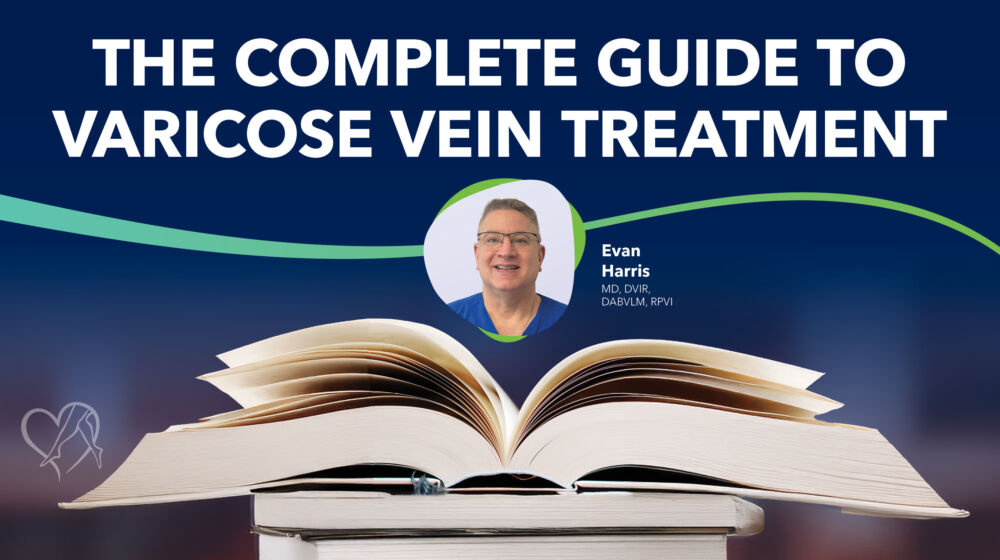
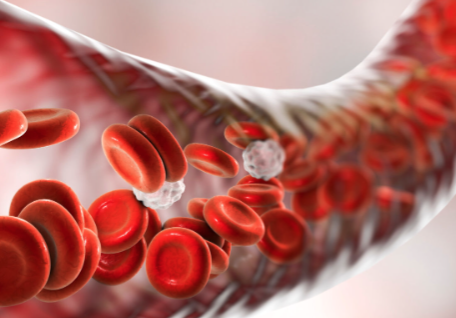 About Vein Disease
About Vein Disease
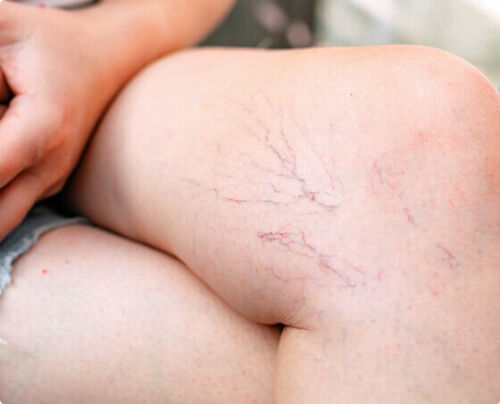 Spider Veins
Spider Veins
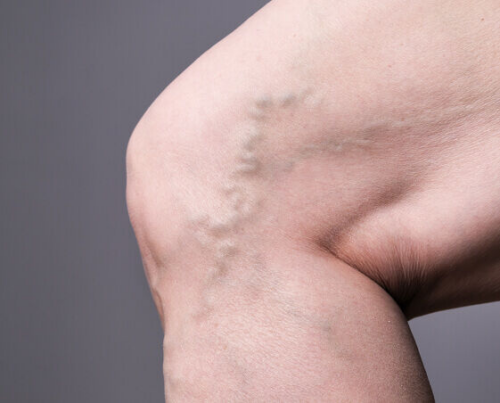 Varicose Veins
Varicose Veins
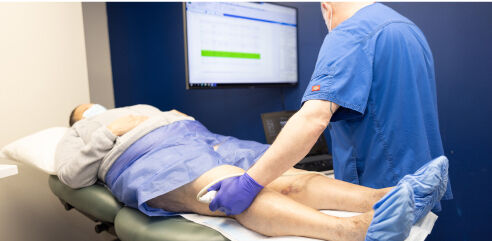 Vein Disease Treatments
Vein Disease Treatments
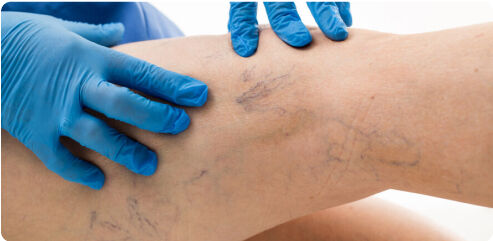 Treating Spider Veins
Treating Spider Veins
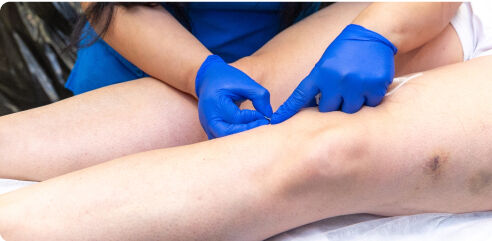 Treating Varicose Veins
Treating Varicose Veins
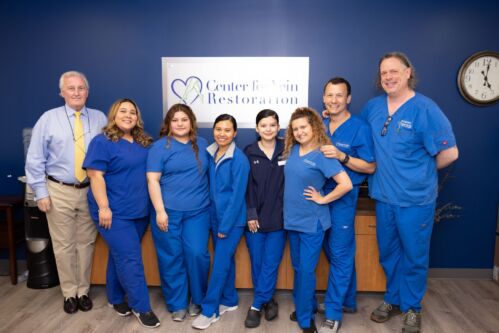 About Us
About Us
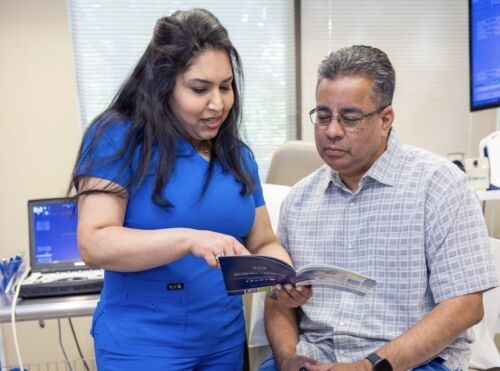 Patient Resources
Patient Resources
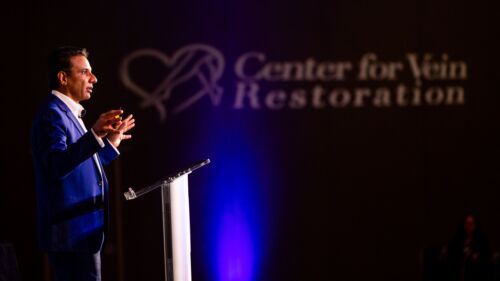 Physician Resources
Physician Resources

